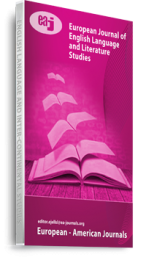The previous decades have witnessed the shift in language pedagogy from teaching approaches to learning styles and strategies (Nunan, 2009). Learners are naturally inclined to become competent and effective speakers, an ability that remains a challenge if not impairment to other learners. This condition can be attributed to a multiplicity of reasons. Today’s language teachers need to give a second look at what students use as compensatory strategies as their survival mechanism. Though the present study is local in scope, its implications are far reaching, considering the experiences, challenges, frustrations, and expectations of ESL and EFL teachers in Asia and beyond. This study, hence, embarked to find out how students’ compensatory strategies were instrumental in their success in developing phonological competence in a language alien to them. Furthermore, compensatory strategies’ were stressed along with students’ phonological processes and learning preferences. Through interactive learning compensatory approaches and authentic language assessment procedures, the study offered some fresh insights rewarding and enlightening to ESL and EFL practitioners. A mixed method approach was utilized to identify the compensatory strategies necessary to assist students by analyzing the phonological processes of students in Phase 1 and the phonological competence in Phase II necessary to effective oral communication. Frequency count was used, results were drawn, conclusions and recommendations were offered.
Keywords: Compensatory Strategies, Phonological Processes, learning preferences, phonological competencies

